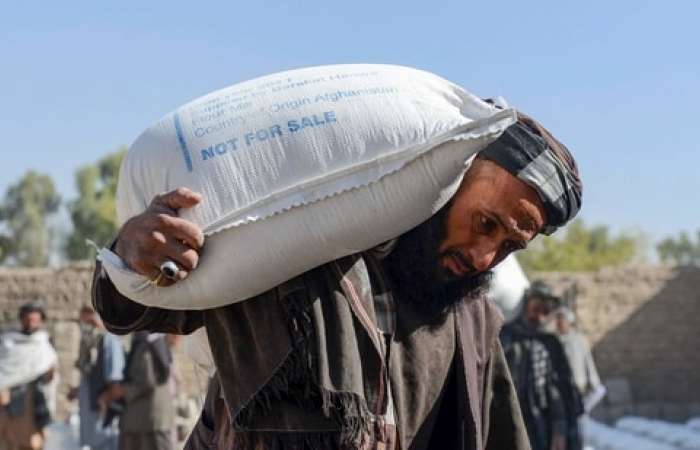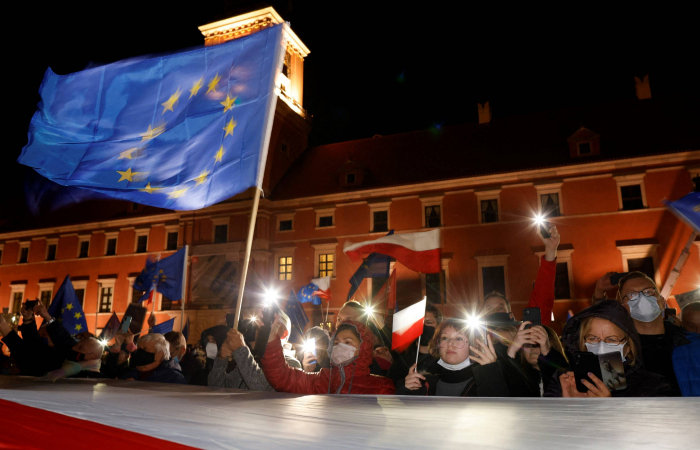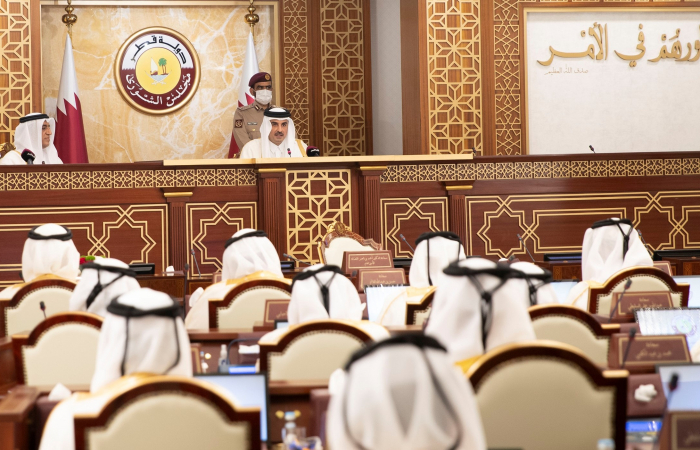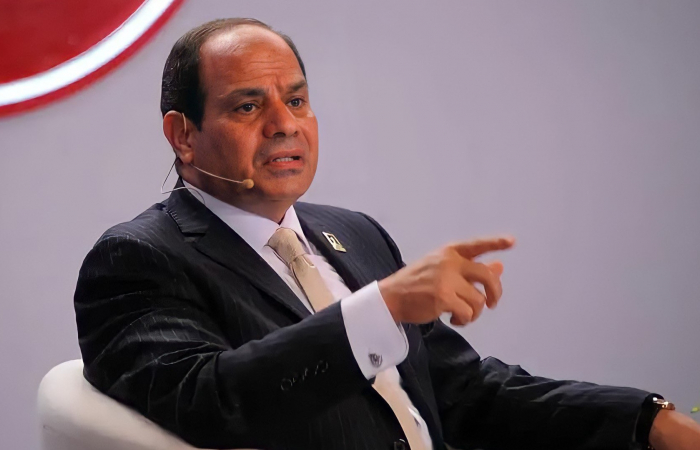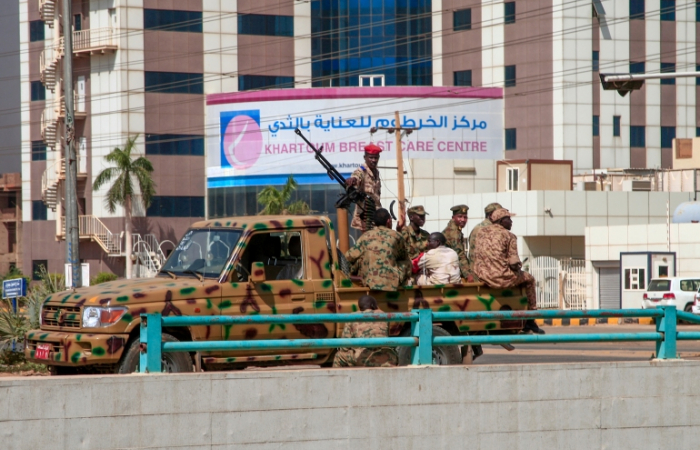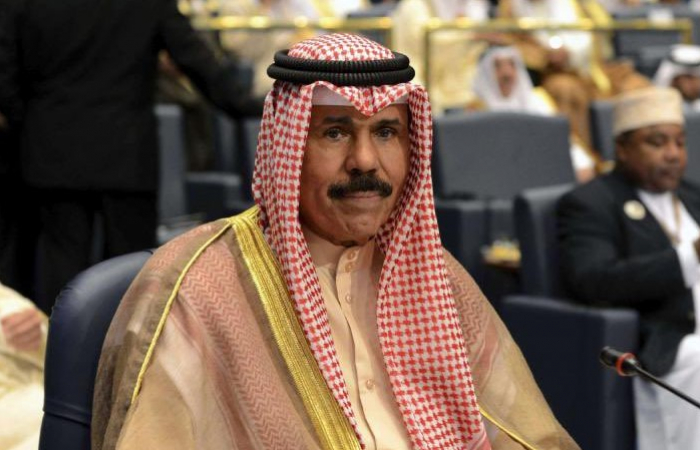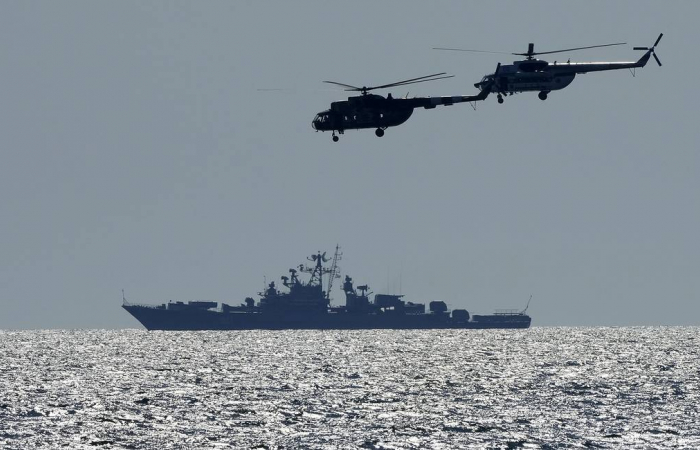Trending
Thousands rally in Tbilisi in support of governing party ahead of key elections
28 October 2021
The political situation in Georgia had been building up to a crisis for some time, and the situation became more tense following the return to the country of former president Mikheil Saakashvili, who had earlier been sentenced to several terms of imprisonment for crimes committed during his term of office. Saakashvili was duly arrested and has since gone on hunger strike.




